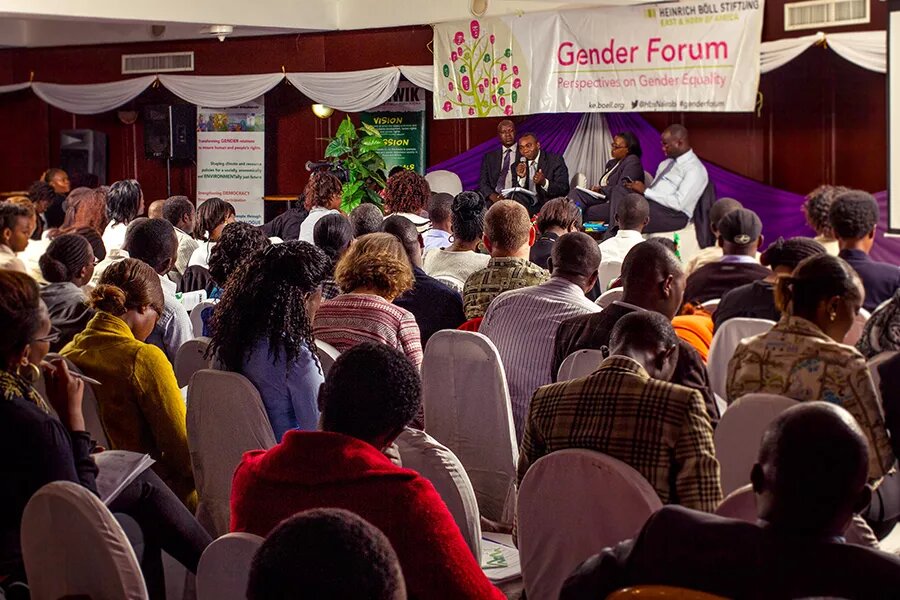
During the May 2016 Gender Forum, we discussed what Feminism means for Kenyan women from different perspectives and facets, and a man asked an important question. His question was, with all this feminism and equality things, what would happen when women achieve this? Wouldn’t women seek to harm men? This man was afraid that if women get the kind of power men have, they will turn the tables on men and seek to revenge by treating them how men have been treating women.
I find these types of questions interesting because of how revealing they are. First it reveals that men are aware that they oppress women. By being afraid that they will be treated the same way, they acknowledge that men don’t treat women well. The reason this is important is that a lot of time in gender equality and affirmative action arguments, people claim that women do not deserve affirmative action because women aren’t marginalized. But then why would you be afraid to be treated the way women are treated if they’re not marginalized?
The second revelation from the question is how it exposes the workings of privilege and power dynamics. Privilege often deludes people to think that their privilege is natural. Whatever it is that their privilege accords them just happens because that is how things are supposed to be. With this belief deeply ingrained in them, it therefore becomes very difficult for them to imagine a world where they are stripped of this privilege. This is what the statement, “When you’re accustomed to privilege, equality feels like oppression” means. If you think something is naturally yours, or you get things because of merit and not because of your privilege, it then seems like a great injustice to you to be told that you don’t deserve those things, it’s your privilege that gave them to you. The man who asked the question deeply believes that everything he has as a man is his right and not privilege. And in his thinking women wanting what he has is them wanting what is rightfully his, wanting what they don’t deserve. Therefore calls for equality and equity feel like calls for taking away from him what belongs to him.
The third revelation from this question is it teaches us about the way the oppressor understands power. The oppressors’ power comes from taking away from those they oppress. Power to them is about using other people for their advancement and benefits. The oppressor’s power is deeply rooted in the boot they have over the marginalized neck, this is what they use to prop themselves. Therefore, any other source or function of power is unfathomable to them. Therefore their assumption is that there’s only one way to be powerful; by oppressing those below you. And this why they fight so hard to retain this power.
On social media someone commented on how unimaginative men are when it comes to coming up with new ways of living. This is because they are not in positions where they have to think beyond what they’re used to. When everything works for you, when the world is designed to work for you and your existence is not threatened, you don’t have to think much about alternative ways of existence. And Feminism forces us to imagine a different way. Feminism forces us to imagine a different type of power which men find difficult to think of. They cannot imagine a power that is about building communities which empower each other to grow and prosper. They cannot imagine a power source which comes from within self, a power which is rooted in the understanding of our humanity, our responsibility to each other and the world. They cannot understand a power which functions to create rather than destroy.
This is why Feminism is important. Feminism is not about replacing systems of patriarchal power with another which continues to do the same harm. Feminism is about dismantling these systems completely and teaching that power does not have to hurt, power does not have to oppress. Feminism transforms us so that we can then transform the world. Because as Sara Ahmed said “We must transform society by being, ourselves, the transformation.”
Article by Aisha Ali Haji
Aisha Ali Haji is a feminist writer currently based in Nairobi, Kenya. She was a panelist at our May 2016 Gender Forum.
HBS regularly publishes commentary from individuals and organisations in our countries of operation. The views expressed in these articles do not necessarily reflect the views of the foundation or its partners.
